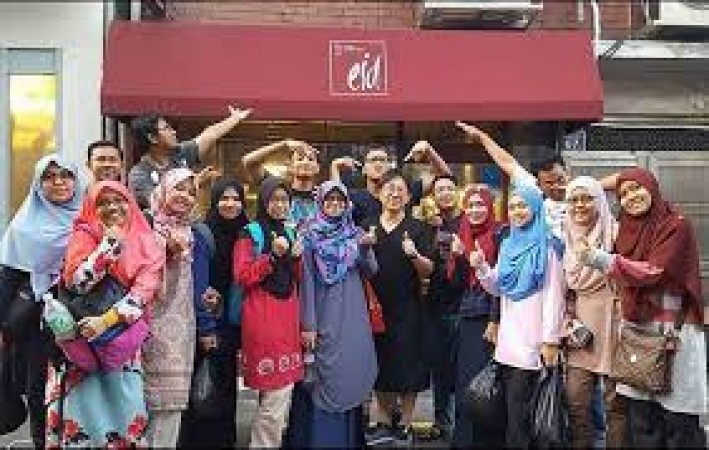
South Korea, known for its rich cultural heritage and technological advancements, is also home to a growing Muslim community. Despite being a minority in a predominantly non-Muslim country, Muslims in South Korea have carved out their place in society, contributing to its diversity and multiculturalism.
Historical Context of Islam in South Korea
Islam has a relatively recent history in South Korea compared to other religions. The presence of Muslims in the country dates back to the Korean War (1950-1953) when soldiers from Muslim-majority countries, such as Turkey and Pakistan, were deployed as part of the United Nations forces. These soldiers laid the initial foundation for Islam in South Korea.
Growth of the Muslim Population
Over the decades, the Muslim population in South Korea has steadily increased, fueled by various factors including international migration, marriage between Koreans and Muslims, and the influx of foreign workers. While exact figures can be challenging to ascertain due to various reasons such as underreporting and lack of comprehensive data, estimates suggest a growing number of Muslims residing in South Korea.
Factors Contributing to the Muslim Presence
Several factors have contributed to the presence and growth of the Muslim population in South Korea:
1. International Students: Many Muslims from around the world come to South Korea to pursue higher education in universities and colleges across the country. This influx of international students has contributed to the cultural and religious diversity in academic institutions.
2. Foreign Workers: South Korea's booming economy has attracted foreign workers from Muslim-majority countries to fill labor shortages in various sectors such as manufacturing, construction, and services. These workers often bring their families, further contributing to the Muslim population.
3. Marriage and Family: Cross-cultural marriages between South Koreans and Muslims have become more common, leading to the formation of multicultural families where Islam plays a significant role in daily life.
4. Religious Institutions: The establishment of mosques, Islamic centers, and cultural organizations has provided support and resources for the Muslim community, fostering a sense of belonging and identity.
Challenges and Integration
While the Muslim community in South Korea continues to grow, they face certain challenges related to cultural integration, religious practices, and social acceptance. Issues such as language barriers, dietary restrictions, and religious accommodations are areas where efforts for greater understanding and inclusivity are needed. The Muslim population in South Korea, although still a minority, is gradually growing and contributing to the country's multicultural landscape. With ongoing efforts to promote diversity and understanding, South Korea is becoming more inclusive and welcoming to people of all faiths.
India Reaffirms Unchanged Policy towards Nepal Amid Political Shifts
Water crisis worsens in Karnataka, people are starving for water